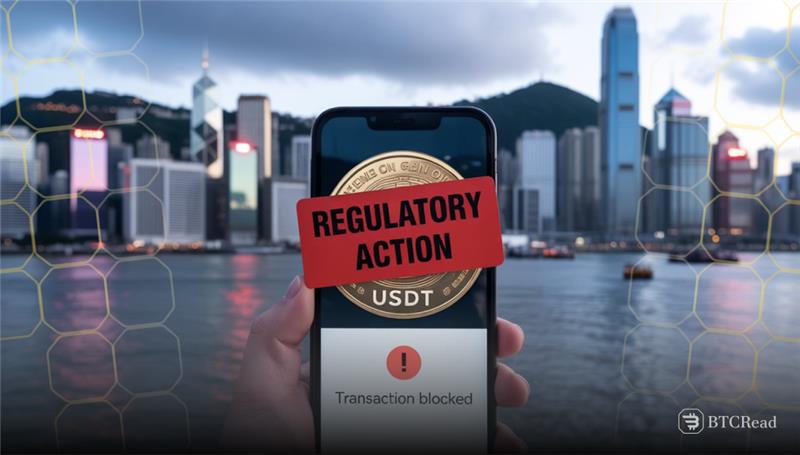Hong Kong started enforcing its Stablecoin Ordinance on August 1, 2025. The law forces stablecoin issuers to register with the Hong Kong Monetary Authority. To qualify, issuers must meet capital, reserve, and transparency standards. The move aims to bring order to the market but sparks concern among Web3 projects.
The first license applications are due by September 30. Officials plan to issue approvals in early 2026. Projects must hold at least HKD 25 million in paid-up capital. They must also back stablecoins with 100% liquid reserves. Redemptions must happen within a business day. Every user must complete identity checks.
Anonymous wallets and DeFi links are prohibited. Regulations disallow public advertising of unlicensed stablecoins. Penalties and charges can ensue for violating these provisions. Issuers are required to comply with stringent geolocation protocols. Bypassing these with a VPN is also disallowed. This disables users in areas where restrictions apply and restricts accessibility worldwide.
KYC now mandatory for all Stablecoin transfers
Transfers also obligate the receiver and sender to pass KYC. Smart contracts must verify this before processing. Stablecoins now behave like bank money within the digital world. They no longer behave like open, non-permissioned crypto utilities. Hong Kong’s design is for control, not for decentralization.
Marketing across borders brings more restrictions. Issuers must obey foreign laws when promoting their products. They must check if partners hold valid approvals. All materials must avoid triggering legal exposure abroad. If laws change, licensees must adjust their approach fast.
Stablecoin law shakes Hong Kong’s crypto scene
Some of the stablecoin projects put a halt on activities once the legislation came into effect. Some others continued with business, offering a divergence of opinions. Critics take the stance that the legislation pushes aside small entities. It is feasible for only well-funded companies or banks to meet the requirements. Several others take this as the end of Hong Kong’s days of being a startup haven.
Hong Kong’s policy differs from others. America advocates flexible regimes under “Project Crypto.” Singapore allows sandbox testing for privileged DeFi groups. EU strikes a balance between KYC and limited personal use. Hong Kong’s legislation alone is uniquely stringent.
The city aims for world leadership in stablecoin regulation. But closing doors to anonymity and decentralization can cause it to fall behind in Web3 innovation. That is the challenge now: balancing security with non-stifling growth. The industry waits for Hong Kong’s redefinition of the movement of digital money in today’s world.







